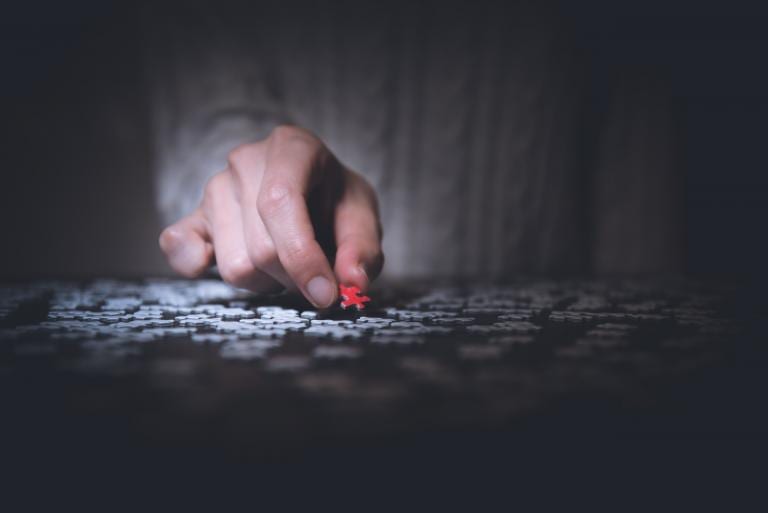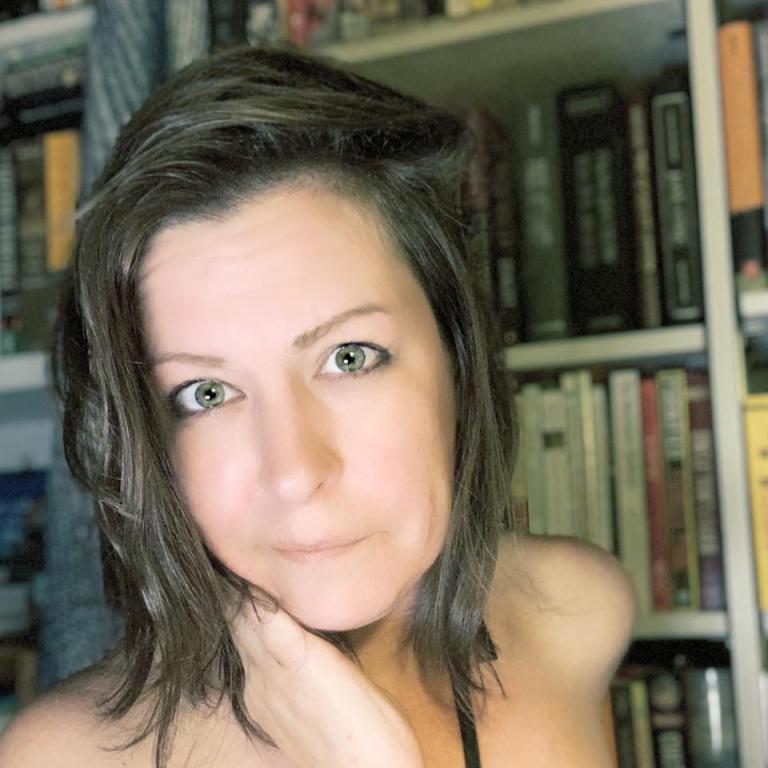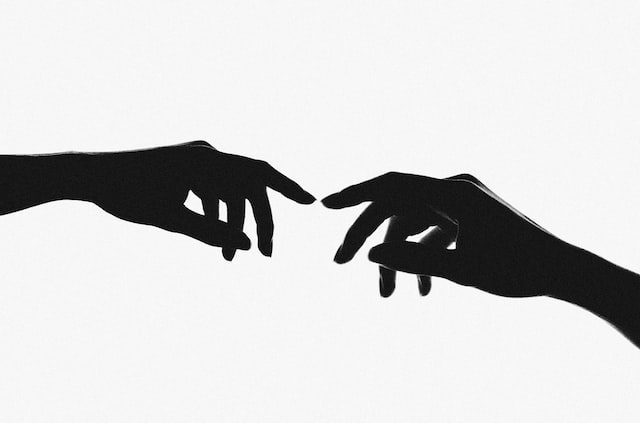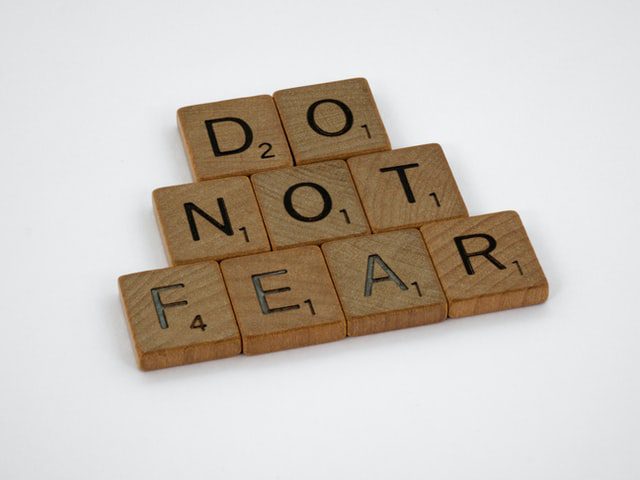
Often, we come to terms with the notion that someone we once knew begins to look like a stranger to us. The pieces don’t add up. Seemingly, too many people contradict themselves and it makes it difficult to maintain a relationship with that person once we notice. Do people contradict themselves or is it us that contradicts the illusions we have about others with more, grandiose illusions?
It was Immanuel Kant that posited that we can never know things in themselves—the ultimate essence of things. We can never know the “truth” with certainty. But we can know our perception of things.
IBM Professor of Psychology and Education at Yale University, Dr. Robert J. Sternberg adds to this idea by mentioning that:
As we have more experiences, these perceptions become more and more complex and rich. They do not necessarily become more valid, in an absolute sense, or even any more internally consistent. On the contrary, the more we get to know about a person, the more contradictory the person may seem to be! (Sternberg, Love is a Story, 18)
Sternberg is writing in the context of romantic relationships, but his observation is beneficial for all relationship considerations—even your social media connections.
Have you ever experienced an overwhelming epiphany of sorts, in which you are engaged in a conversation with someone you have known for ages, and then suddenly, they say something so completely unexpected that you feel as if you don’t even know who they are? According to Dr. Sternberg, this happens quite frequently in distressed relationships and can often lead to divorce.
It can also happen quite frequently in non-romantic relationships, with friends, family members, and even close-knit, seemingly- secure, cyber connections.
The more we get to know someone, the more they reveal to us about who they are. With each new revelation, they add another piece to the puzzle. The problem is, we create an expectation of the image we piece together with those introductory puzzle pieces. Once we have concluded that we like this individual, based on the pieces they have given us, we assume the puzzle is complete. We now have an image, and we want to glue all the pieces together and display the image as though it’s a framed picture. The problem? People aren’t puzzles that have a complete frame. Our lives don’t just stop in a still frame and remain there.
So, when more is revealed about a person, especially after we are waiting for the glue to dry, another piece is laid out. Then another. Now our image looks incomplete. The impression requires room for additional pieces to complete the image, and the entire image seems to take on a new shape. In some instances, it appears distorted. In many regards, we start believing we received pieces to the wrong puzzle.
This has been a common occurrence in my own life and until I read Sternberg’s words, I hadn’t considered how often I create expectations. Which is a tad ironic, considering I write and speak about the importance of not holding onto expectations so fervently.
So why do we do this? Why do we try to contain others to 1000-piece boxed puzzles?
I think it’s two-fold. It’s biological and it’s egoic.
First, our brains are programmed to categorize. Good or bad, right or wrong, blue or green, up or down. We have a dualistic mindset. It’s how we register everything we encounter so that we can identify what it is that we are looking at or interacting with or listening to, or feeling, etc.
Secondly once we can reduce anything down to a few simple images and terms, we feel assured that what we have received is precisely what we interpret it as. For instance, when we connect to a person, we treasure that connection. We archive what it is that created a spark and we hold fast to those feelings and ideas surrounding the connection. We believe that in order to maintain that connection, all must fit into the same pictorial image that our mind displays about this person. We piece together a puzzle, glue it down, and frame it—in our mind.
We established a base line and found commonality with this person that we connected to. And as the relationship develops, we savor all that they reveal to us. All the pieces they give us fit into the full puzzle of who we perceive them to be.
All too often, however, some relationships deteriorate. When this happens, it’s usually because we’ve worked so diligently to create an image of the person that while we are getting ready to glue together the pieces, they continue to give us more pieces, but we don’t notice. Until we do. And when we do, it messes with the size of the frame we have allotted for the puzzle.
When we are pushed to question the connection, it comes down to considering that we interpreted something wrong—which we rarely voluntarily do. Or, it means that they are liars, schemers, players, greedy hypocrites that we are to cut out of our lives, lambast, shame, and walk through the streets in humiliation.
Our ego tells us that we are so special, that they already revealed it all to us. All has been brought out into the light. But our ego takes a punch when another puzzle piece falls onto the table. So, we must reconcile this radical shift in our perception.
We do not like to have to shift our understanding of anything. When we learn something, we want to know that what we learned was the truth, was provable, and is right. When we are confronted with the possibility that we might be wrong, scapegoating suffices.
Consider what happened during and after the 2016 election: so many new puzzle pieces were laid down on tables that marriages and friendships ended over one political candidate, or maybe a choice of two.
When we feel so suddenly alienated by reality that the person we love or are connected to reveals a piece about themselves that we hadn’t fit into the puzzle, it wounds us, well, it wounds our ego. It wounds us so deeply that in order to heal, we convince ourselves that we can no longer have this person in our lives.
We feel betrayed. Victimized. And then we are outraged. “Clearly, they are hypocrites!” we shout. “It’s obvious they don’t practice what they preach!” others declare. But is that really the case? Are they really contradicting themselves or is it that we can never be too sure about the things that we experience?
Sure, it could be both. But how often do we contradict ourselves? And what if we do? So did Walt Whitman.
Do I contradict myself? Very well, then I contradict myself, I am large, I contain multitudes.
So, let’s say it is a contradiction. But is it theirs or ours? Perhaps it doesn’t matter at all. I know that’s hard for many people to accept. We like ensuring we know who the culprit is. We must know who we can point our finger at. And, as I mentioned earlier, it damn sure ain’t going to be ourselves that we are pointing that finger at.
We become trapped in a routine of being surprised by new information and taking it as though it’s a mark against us. All because a new piece of the puzzle appeared, and we had just jammed the last piece in.
Perhaps it is time that we stop expecting to know everything about everyone when we barely have a grip on understanding ourselves.
For nothing is secret that will not be revealed, nor anything hidden that will not be known and come to light. Therefore, take heed how you hear. Luke 8:17-18 KJV
Contrary to popular belief, this verse is not just about exposing sins. It’s an all-encompassing verse that says a lot about humanity. Take heed how you hear. Be mindful when you listen. Pay attention and stay present. Not all is revealed right away, but sometimes we miss the signs to what is being revealed. Other times? People just change their mind and don’t realize that others hold on to their previous stances so tightly.
How do we recognize this? For starters, we really do have to let go of the expectation that we can fully know anyone. I have been married for 11 years, and with the same man for over 14, but that doesn’t mean that I know everything about him. Don’t get me wrong, I know so much about my husband that I could write a book about him (and coincidentally, I am working on a book about what I do know about being married to him) but that doesn’t mean my husband doesn’t shock me once in awhile with new information or a change of views. Which also means that I don’t know all that much about being married, either.
Experts in every field of thought and science have been confronted with new information about their field of expertise; so why should we be all that surprised when someone reveals a new piece of the puzzle that we hadn’t counted?
We are ever-unfolding creatures. Vulnerability is difficult and, in most instances, what we reveal depends on our ability to be vulnerable. Being vulnerable means that we must be willing to take a risk to expose a little bit more about ourselves and hope that we will still be accepted. We all perform a striptease throughout life, we just don’t really think about it all that much.
Slowly, we reveal another piece of ourselves and it requires trust and space. And sometimes, when we do pull off another garment, we are quick to cover ourselves back up with new garments. We sure do make it hard to present ourselves naked to others, don’t we?
With the advent of technology and social media platforms, it’s scarier to present ourselves as naked and unashamed when we have millions of reasons to shame others coupled with the countless ways in which presenting ourselves fully naked can be reshared and scrutinized by wider audiences.
What’s more, social media really makes it hard for us to stay in the present moment where we can more readily embrace the security in who we are. Social media keeps a record of our past (unless we delete it, but screenshots are forever). This is a new field of recall that we aren’t used to being confronted with. Forgetting things is harder to do, and so we allow ourselves to be sucked into the past of ourselves or others or pulled into the future and we lose sight of the now.
Practicing presence is what secures our connections. Social platforms want you to believe that what is trending and going viral is presently important. But we know better than that, don’t we? We know that it just circulates the past and projects into the future—it does nothing to take advantage of the present moment.
A quality of presence includes encountering our inherent vulnerability. Yes, we are created vulnerable. If we tap into this, it becomes a source of strength and can bring us a great freedom if we are willing to embrace this reality.
It will come with uncertainty. We cannot be certain of anything. Knowing this should offer us a little bit of breathing room. Uncertainty is uncomfortable. We have been taught that certainty matters most. But faith does not rest on certainty and if we really want to have true, connected relationships, we must be willing to surrender to uncertainty as much as we can. Relationships require spontaneity, after all. Although there is a potential for a spontaneous revelation to upset or even outrage another; there is also the potentiality for such a revelation to strengthen the connection with another. It can draw us closer instead of pushing us further apart. It all depends on how we receive it.
Honesty and mutuality are also key components of presence. How does this play into contradictions? Well, let’s be honest with ourselves. We all still have secrets. We all still have things that we hold inside that have not been revealed in the light. That doesn’t necessarily mean we are holding back dark secrets and deep sins. It just means that we know that we don’t just dump it all out on the table for others, which means that we shouldn’t expect that others have given us all the pieces to their puzzle yet.
When we begin being aware of being honest with ourselves first, and realizing that it’s not that we are lying to people, but we are holding some things back for the time being because we ourselves are not comfortable with it; this helps us become more aware of why others are doing the same. Which leads to a mutuality of understanding which leads to the ability to let go of expectations.
Mutuality ties this all together. The world is still a mystery. There are so many things that even the experts just don’t know. This doesn’t take away from our intellect or our ability to read people. More so, it brings us deeper in the present moment, deeper into an awareness that helps us recognize the autonomous other.
Maybe in the end, it’s not so much that people contradict themselves or that our impressions contradict our impressions. People change their minds. The ones that surrender to this change of their own minds can let go of attachments to their previous mentality. For us, watching this change can be a blow to our ego because we allow their revelations to be the mold we have come to expect as their form. But forms change. Ideas change. Opinions change.
If we aren’t willing to see that change is also a part of relationships, we are going to remain stuck with only 1000 pieces and their puzzle will grow with or without us in the picture. The question left for you is this: Do you want to be a part of that puzzle?












